| | David de Hilster
LexisNexisIntelligent Programming Using NLP++ David de Hilster has over 35 years experience in practical applications in natural language processing and is co-author of the computer language NLP++. He has a bachelor of science in mathematics and a masters in Linguistics from the Ohio State University. David has worked in AI research groups including at Battelle Memorial Institute in Columbus Ohio, Tecsis in Rio de Janeiro Brazil, and McDonnel Douglas & TRW in California. David also has worked for several startups companies including Text Analysis International where he and Amnon Meyers developed NLP++ and VisialText. David currently works in the Supercomputing Development Group at LexisNexis in Boca Raton Florida where he is integrating NLP++ into HPPC Systems. David is also an accomplished artist, filmmaker, and author having recently published a book with his father proposing a new physical model for the entire universe. |
| 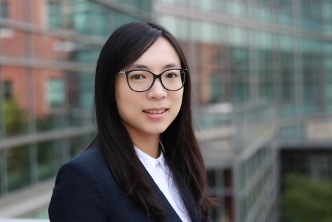 | Bo Li
Assistant Professor
Department of Computer Science
University of Illinois at Urbana–ChampaignTrustworthy Machine Learning: Robustness, Privacy, Generalization, and their Interconnections Dr. Bo Li is an assistant professor in the Department of Computer Science at the University of Illinois at Urbana–Champaign. She is the recipient of the IJCAI Computers and Thought Award, Alfred P. Sloan Research Fellowship, NSF CAREER Award, MIT Technology Review TR-35 Award, Dean's Award for Excellence in Research, C.W. Gear Outstanding Junior Faculty Award, Intel Rising Star award, Symantec Research Labs Fellowship, Rising Star Award, Research Awards from Tech companies such as Amazon, Facebook, Intel, and IBM, and best paper awards at several top machine learning and security conferences. Her research focuses on both theoretical and practical aspects of trustworthy machine learning, security, machine learning, privacy, and game theory. She has designed several scalable frameworks for trustworthy machine learning and privacy-preserving data publishing systems. Her work has been featured by major publications and media outlets such as Nature, Wired, Fortune, and New York Times. |
| 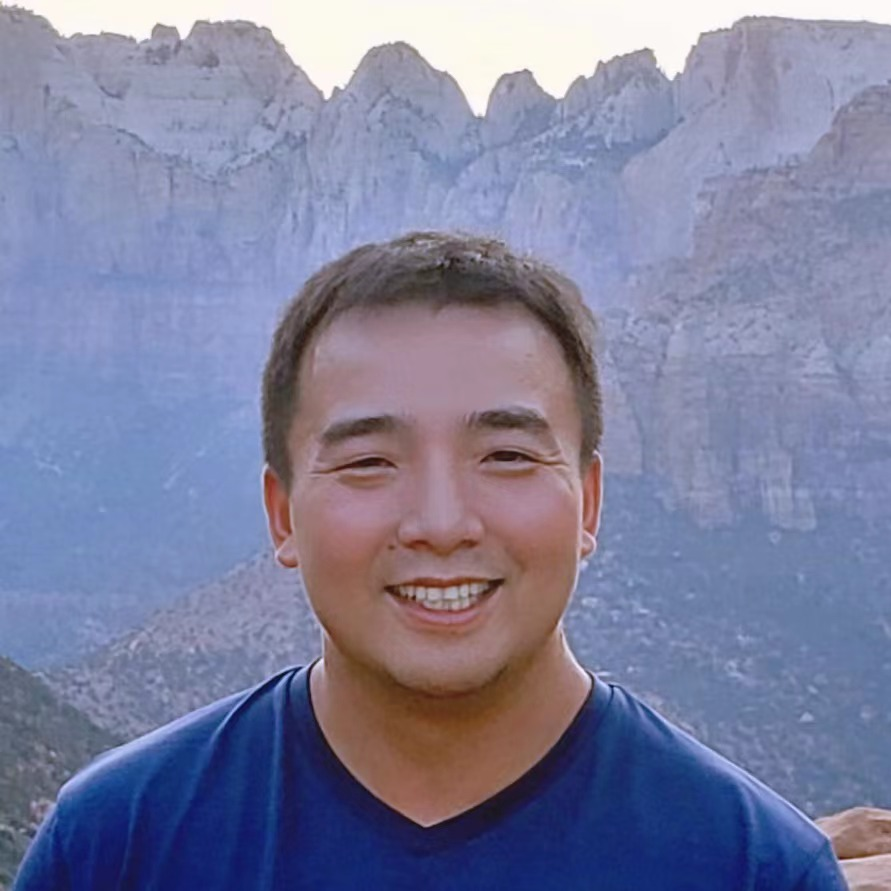 | Yuan Hong
Associate Professor
Department of Computer Science and Engineering
University of ConnecticutTrustworthy Video Understanding Deep Learning Systems [details] Yuan Hong is an Associate Professor in the Department of Computer Science and Engineering at the University of Connecticut. He received his Ph.D. degree from Rutgers University in 2014. His research interests primarily lie in the fields of differential privacy, secure multiparty computation, applied cryptography, trustworthy machine learning, and cyber-physical systems security and privacy. He is a recipient of the NSF CAREER award, Cisco Research Award, and Meta (Facebook) Research award finalist. His research contributions are published in prestigious security and data science venues such as IEEE S&P (Oakland), CCS, PETS, KDD, ECCV, AAMAS, EMNLP, ICDE, CIKM, EDBT, ICDCS, TDSC, TIFS, TOPS, and TKDE. He regularly serves as the TPC or senior PC member for relevant top conferences such as CCS, USENIX Security, PETS, NeurIPS, ICML, CVPR, ICCV, ECCV, KDD, and AAAI. His research is supported by numerous NSF and AFOSR awards. |
| 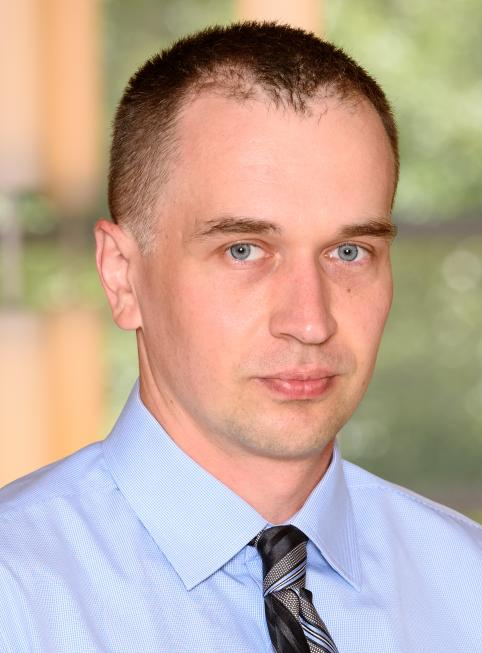 | Stanley Bak
Assistant Professor
Department of Computer Science
Stony Brook UniversityProving Safety of Closed-Loop Systems with Neural Network Controllers using Quantized State Backreachability [details] Stanley Bak is an assistant professor in the Department of Computer Science at Stony Brook University investigating the verification of autonomy, cyber-physical systems, and neural networks. He received a PhD from the University of Illinois at Urbana-Champaign (UIUC) in 2013, worked at the Air Force Research Laboratory (AFRL) before joining Stony Brook University in 2020. He received the AFOSR Young Investigator Research Program (YIP) award in 2020. |
| 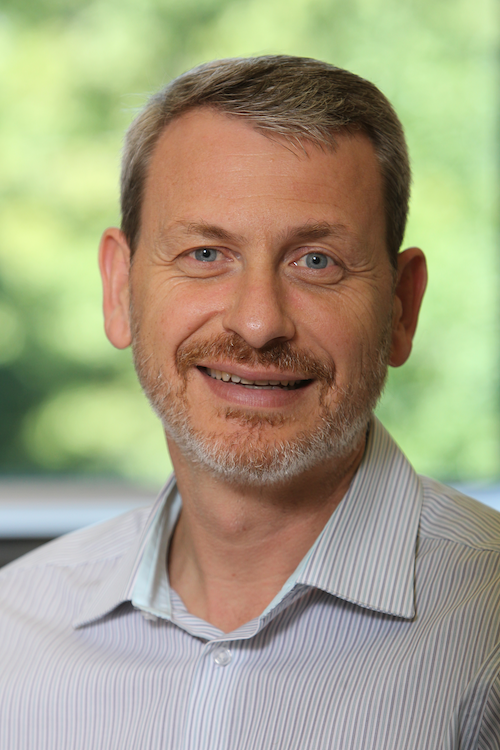 | Xenofon Koutsoukos
Professor and Chair
Department of Computer Science
Vanderbilt UniversityResilient Distributed Consensus, Optimization, and Learning in Networked Cyber-Physical Systems Dr. Xenofon Koutsoukos is a Professor and the Chair of the Department of Computer Science and a Senior Research Scientist with the Institute for Software Integrated Systems (ISIS), Vanderbilt University, Nashville, TN, USA. He was a Member of Research Staff with the Xerox Palo Alto Research Center (PARC) (2000–2002). His research work is in the area of cyber-physical systems with emphasis on learning-enabled systems, formal methods, distributed algorithms, security and resilience, diagnosis and fault tolerance, and adaptive resource management. He has authored or coauthored more than 300 journal and conference papers and he is coinventor of four US patents. Prof. Koutsoukos was the recipient of the NSF Career Award in 2004, the Excellence in Teaching Award in 2009 from the Vanderbilt University School of Engineering, and the 2011 NASA Aeronautics Research Mission Directorate (ARMD) Associate Administrator (AA) Award in Technology and Innovation. He was named a Fellow of the IEEE for his contributions to the design of resilient cyber-physical systems. |
| 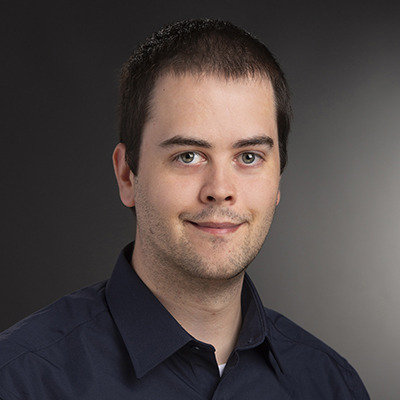 | Garreth Tigwell
Assistant Professor
Rochester Institute of TechnologyUnderstanding Current Accessible Design Challenges and How We Can Address the Issue Dr. Garreth Tigwell is an Assistant Professor in the School of Information (iSchool), Golisano College of Computing and Information Sciences (GCCIS) at the Rochester Institute of Technology, where he co-directs the En-Ability Lab, as well as being affiliated with the Center for Accessibility and Inclusion Research (CAIR) and the Ph.D. Department of Computing and Information Sciences. He studied at the University of Dundee where he received his PhD, an MSc (with distinction) in User Experience Engineering, and a BSc (Hons) in Psychology. His research interests cover design, accessibility, and human-computer interaction, and he primarily focuses on improving the accessibility of digital spaces for people with congenital, acquired, or situational impairments, through increasing the necessary support that will allow designers to improve the accessibility of their work for end-users. He has published at top-tier ACM conferences and journals such as ASSETS, CHI, CSCW, DIS, PACMHCI, and TACCESS. He recently received the best paper award at MobileHCI 2022. |
| 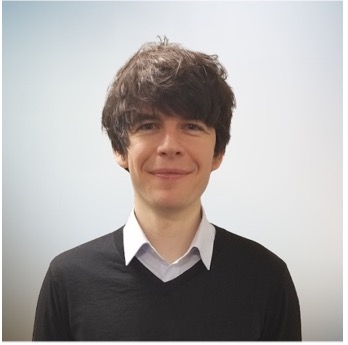 | Jakub Szefer
Associate Professor of Electrical Engineering & Computer Science
Yale UniversityQuantum Computer Hardware Cybersecurity [details] Prof. Jakub Szefer’s research focuses on computer architecture and hardware security. His research encompasses secure processor architectures, cloud security, FPGA attacks and defenses, hardware FPGA implementation of cryptographic algorithms, and most recently quantum computer cybersecurity. Among others, Jakub is the author of first book focusing on processor architecture security: “Principles of Secure Processor Architecture Design”, published in 2018. Recently, he has been promoted to the IEEE Senior Member rank in 2019 and is a recipient of the 2021 Ackerman Award for Teaching and Mentoring. |
|  | Jerone Dunbar
Senior User Experience Researcher
Honda Research and DevelopmentDiverging in Tech to Converging in Automotive
Research and Development Dr. Jerone Dunbar conducted his Ph.D. research in the Human Experience Research Lab at the
University of Florida (UF) under the supervision of Dr. Juan E. Gilbert. In 2018, he received
his doctoral degree in Human-Centered Computing, which is within the Computer &
Information Science & Engineering Department in the Herbert Wertheim College of
Engineering at UF. Jerone’s research interests are focused on interactive experiences for invehicle technologies and applications, driver distraction, driver drowsiness, and
electrophysiological devices. Dr. Dunbar received his BS and MS degrees in Computer Science
at St. Thomas Aquinas College and Clemson University respectively. He is currently employed
at the Honda Auto Development Center where he is the Infotainment User Experience
Research Lead and Senior Engineer. Prior to his current role, Jerone worked for several
companies in Silicon Valley including Intel Labs and Google. Outside of working on future
technology for consumer vehicles, Jerone enjoys cooking, playing soccer, traveling, driving, and
reading about medical research and wellness. |
| 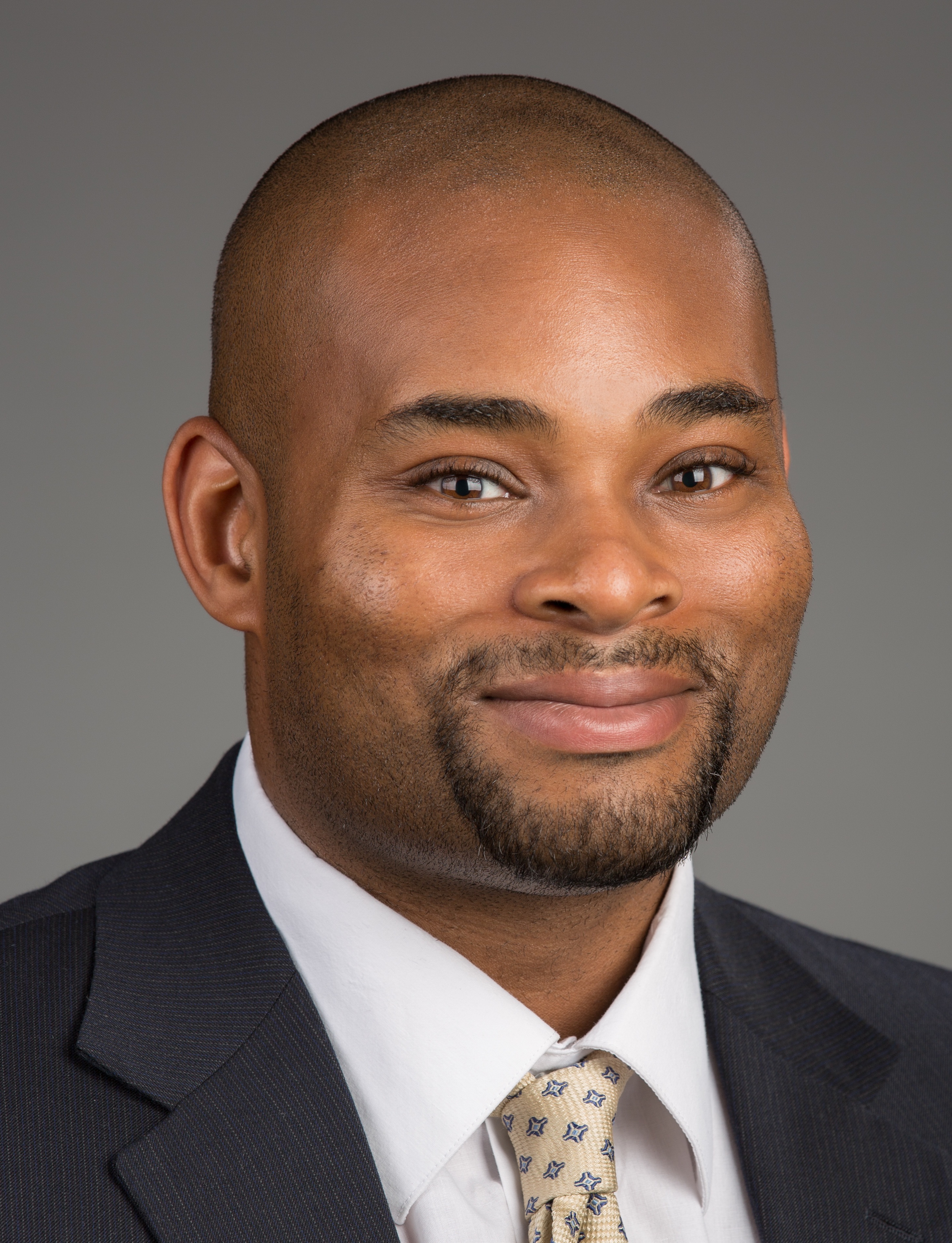 | Edward Dillon
Associate Professor
Department of Computer Science
Morgan State UniversityExposing Early CS Majors to Technical Interview Practices in the form of Interactive Whiteboard Problem-Solving Dr. Dillon received his B.A. in Computer and Informational Science from the University of Mississippi in 2007. He would go on to obtain his Masters and Ph.D. in Computer Science from the University of Alabama in 2009 and 2012, respectively. Dr. Dillon is a newly tenured Associate Professor in the Department of Computer Science at Morgan State University. Prior to his arrival to Morgan State, Dr. Dillon served as a Computer Science Instructor at Jackson State University (2012-2013), and a Postdoctoral Researcher at Clemson University (2013-2014) and the University of Florida (2014-2016). His research focuses on human-centered computing, computer science education, social computing, and broadening participation in computing. Dr. Dillon has received >$750k in research funding and awards from external agencies and non-profit organizations, including the National Science Foundation (NSF), the Maryland Pre-Service Computer Science Teacher Education Program (MCCE), and the Collaborative Research Experience for Undergraduates (CREU - CRA-WP). Dr. Dillon currently serves as a Co-PI for the STARS Computing Corps, which recently has been renewed for funding by NSF. He has also conducted a Faculty in Residency at Google during the summer of 2018 to learn more about this company’s culture, practices, and to understand the expectations for candidates (e.g. aspiring CS majors) who pursue career opportunities at this company and related prominent companies in tech.
|
| 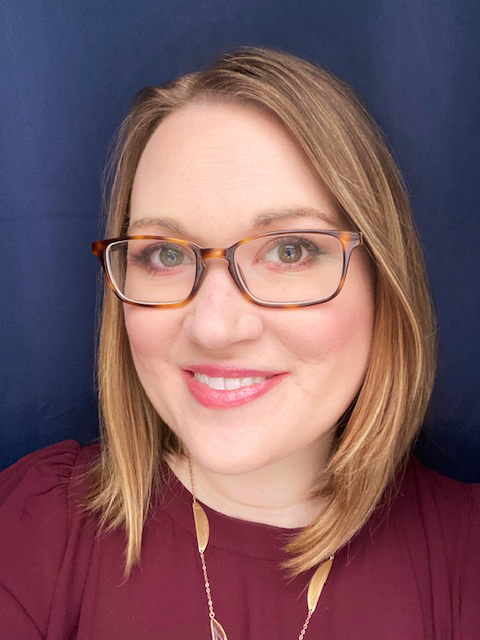 | Hannah Wagner
Accessibility & Inclusion UX Product Design Lead
General MotorsBreaking Down Barriers: Making Inclusive Design Achievable Hannah Wagner (she/her/hers) is an automotive accessibility expert and pioneer at General Motors who carved her own role as the Accessibility & Inclusion UX Product Design Lead. She works to challenge automotive design norms to ensure more inclusive tech experiences for all. Hannah earned her BFA in Art & Design from Grand Valley State University and her ‘MicroMasters’ in UX Research & Design from University of Michigan. She is particularly passionate about the roles empathy and ethics play in design and is a fierce advocate for ensuring phrases like “target audience” are forgotten forever, instead making sure everyone in the audience can feel like they belong. |
| 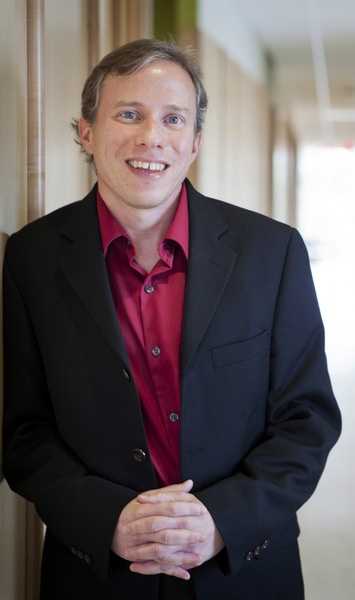 | Dave Evans
Professor of Computer Science
University of VirginiaOn Leaky Models and Unintended Inferences David Evans (https://www.cs.virginia.edu/~evans/) is a Professor of Computer Science at the University of Virginia where he leads research on security and privacy (https://uvasrg.github.io/) with a recent focus on adversarial machine learning and inference risks in machine learning, and teaches courses on a wide variety of topics including biology, ethics, economics, and theory of computing. He is the author of an open computer science textbook (https://computingbook.org/) and a children's book on combinatorics and computability (https://dori-mic.org/) and co-author of a book on secure computation (https://securecomputation.org/). He won the Outstanding Faculty Award from the State Council of Higher Education for Virginia and is Program Co-Chair for the 2022 and 2023 IEEE European Symposia on Security and Privacy. He was Program Co-Chair for the 24th ACM Conference on Computer and Communications Security (CCS 2017) and the 30th (2009) and 31st (2010) IEEE Symposia on Security and Privacy, where he initiated the Systematization of Knowledge (SoK) papers (https://oaklandsok.github.io/). He has SB, SM and PhD degrees in Computer Science from MIT and has been a faculty member at the University of Virginia since 1999. |
| 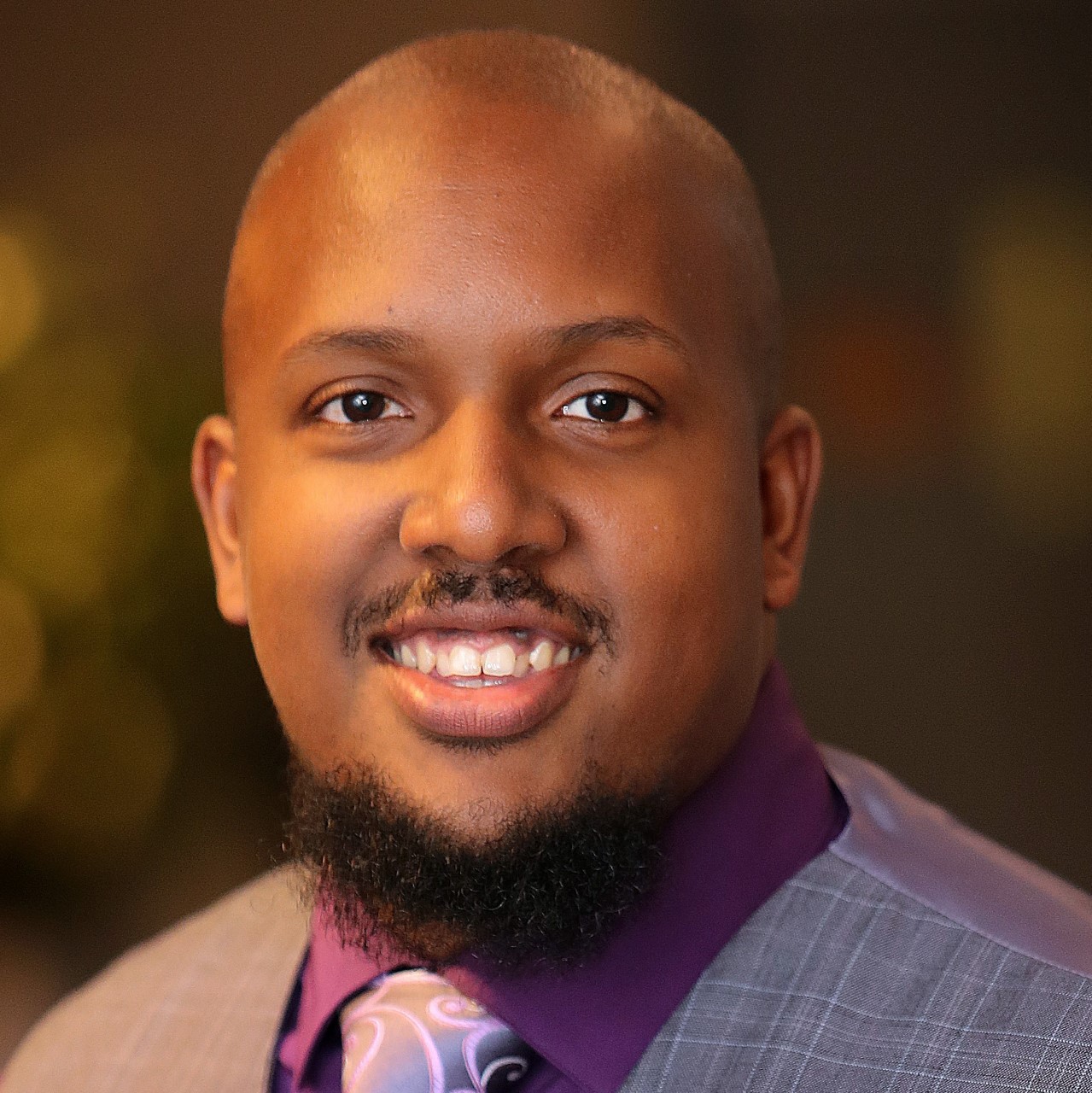 | Earl Huff
Assistant Professor
School of Information
University of Texas at AustinOnline Learning, An (Accessible) Convenience to Education? Earl Huff Jr. is an Assistant Professor in the School of Information at the University of Texas at Austin and a faculty affiliate for the Texas Center for Equity Promotion. He co-founded and co-directs the Research on Equity, Access, and Inclusion in Technology and Society (REALITY) Lab, which promotes and conducts research in the area of social justice informatics. He earned his Ph.D. in Human-Centered Computing from Clemson University under the supervision of Dr. Julian Brinkley. Earl researches human-centered approaches to designing, developing, and evaluating inclusive and equitable technology. His current focus is on how online learning (e-learning) can be designed to be more accessible for persons with disabilities. Earl uses participatory design and interaction design methodologies to inform the design of technology that meets the needs of the users. He also researches the design and implementation of interventions for broadening participation of historically excluded populations in K-12 STEM |
| 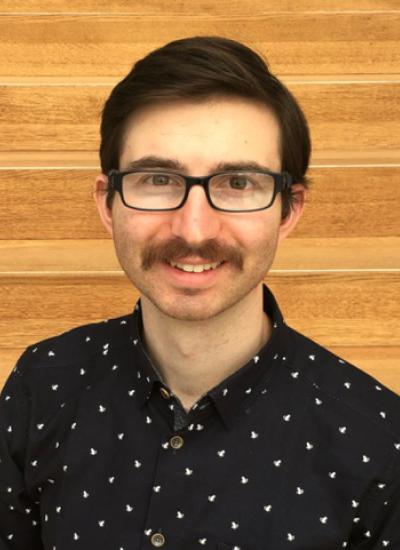 | Nikolas Martelaro
Assistant Professor
Human-Computer Interaction Institute
Carnegie MellonCo-Designing an Inclusive Mobile App for People with Disabilities to Independently Use Autonomous Vehicles Nikolas Martelaro is an Assistant Professor at Carnegie Mellon's Human-Computer Interaction Institute. Nik’s lab focuses on augmenting designer's capabilities through the use of new technology and design methods. His research on developing new ways to support designers stems from an interest in helping designers collaborate better with each other, with users, and increasingly with AI assistants. Nik blends a background in product design methods, interaction design, human-robot interaction, and mechatronic engineering to build tools and methods that allow designers to understand people better and to create more human-centered products. Before moving to the HCII, Nik was a researcher in the Digital Experiences group at the Accenture Technology Labs. He graduated with a Ph.D. in Mechanical Engineering from Stanford's Center for Design Research where he was co-advised by Larry Leifer and Wendy Ju. |













